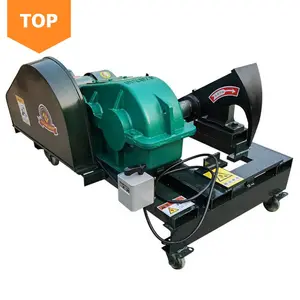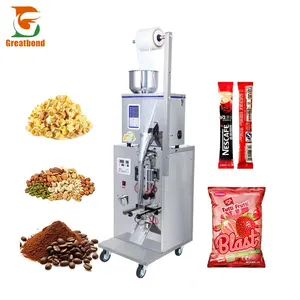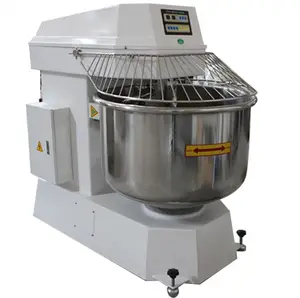Popular in your industry




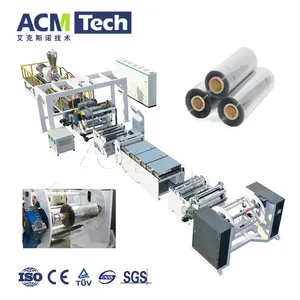




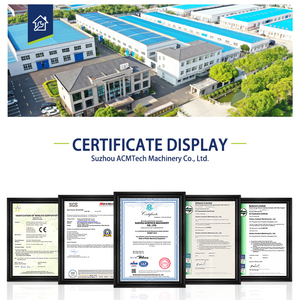



























































Related Searches:


















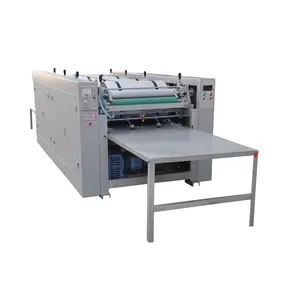


































































































Top categories
About polypropylene machinery
Introduction to Polypropylene Machinery
Polypropylene machinery refers to a range of equipment used in the manufacturing and processing of polypropylene materials. These machines are crucial in various industries like packaging, automotive, construction, and textiles where polypropylene is a commonly used material. The primary aim of polypropylene machinery is to efficiently mold, extrude, or process polypropylene to create a wide array of products.
Types of Polypropylene Machinery
There are several types of polypropylene machinery available in the market to cater to different manufacturing needs. One of the key types is the polypropylene extrusion machine, which is used to melt raw polypropylene material and shape it into specific forms. Another essential type is the polypropylene extruder machine, responsible for pushing the molten polypropylene through a die to create continuous lengths of a specific shape.
Moreover, the PP molding machine is designed for molding polypropylene into various shapes, making it ideal for manufacturing products like containers, lids, and other customized items. Additionally, the polypropylene bags manufacturing machine is specifically tailored to produce polypropylene bags of different sizes and specifications.
Technical Specifications of Polypropylene Machinery
When considering polypropylene machinery, it's essential to look at specific technical specifications to ensure the equipment meets your production requirements. For instance, the power capability of these machines typically ranges from 35-40 hp, providing sufficient energy for the processing of polypropylene materials.
Furthermore, the maximum range of production capacity can vary between 3-4 tons, indicating the volume of polypropylene that can be processed within a specified timeframe. Additionally, the machines may have varying extrusion lengths, with some models capable of reaching between 60 and 130 feet to accommodate different production needs.
Benefits of Polypropylene Machinery
Investing in polypropylene machinery offers numerous benefits to businesses operating in industries that heavily rely on polypropylene materials. One key advantage is the high efficiency of these machines, allowing for faster production processes and increased output.
Additionally, polypropylene machinery ensures product consistency and quality, leading to fewer defects and higher customer satisfaction. These machines also provide versatility in product design, enabling manufacturers to create a wide range of polypropylene products to meet diverse market demands.
Choosing the Right Polypropylene Machinery
When selecting polypropylene machinery for your business, several factors need to be taken into consideration to make an informed decision. Firstly, it's essential to assess your production requirements and choose a machine that aligns with the volume and specifications of polypropylene products you intend to manufacture.
Moreover, considering the technical features of the machinery, such as heating capacity, cooling systems, and automation capabilities, can help in determining the suitability of the equipment for your production processes. Additionally, evaluating the reputation of the manufacturer and the after-sales support offered can contribute to a seamless integration of the machinery into your operations.
Maintenance of Polypropylene Machinery
Proper maintenance of polypropylene machinery is crucial to ensure optimal performance and longevity of the equipment. Regular cleaning of the extrusion and molding components, as well as lubrication of moving parts, can prevent buildup and extend the lifespan of the machines.
Furthermore, conducting routine inspections for wear and tear, and addressing any issues promptly can help prevent costly downtime and production delays. It's also advisable to follow the manufacturer's maintenance guidelines and schedule periodic servicing to keep the polypropylene machinery in optimal working condition.

